Co-operatives, especially agricultural co-operatives, have been very successful in Ireland, employing over 12,000 people with a combined turnover of €15bn.
Two of the largest agricultural co-operatives in milk production in Ireland are Glanbia and Dairygold. Both companies recently got involved in Project Clover.
This initiative aims to produce 2.5TWh (terawatt hours) of renewable biomethane through a network of 125 on-farm anaerobic digestion (AD) plants by 2030.
Given this development and the wider potential of AD in Ireland to contribute positively to our climate action targets, it is important to understand if a co-operative business model could play a role in growing the on-farm AD sector.
In 2021, David Shortall completed an MSc in Ag Innovation through NUIG where he investigated this topic.
His research consisted of literature reviews, stakeholder interviews with farmers, industry and Government officials in the agricultural sector and an online farmer survey.
The success of RECs in Europe
Renewable energy co-operatives (RECs) are not a new concept. In 2018, there were 2,671 active energy co-operatives across Austria, Germany, Denmark and the UK so there are many examples of successful RECs throughout Europe.
For example, Energy4all is one of the largest community-owned energy cooperatives in the UK.
Founded in 2002, it has over 16,000 members and has demonstrated the importance of co-operation in the renewables sector.
Enercoop in France is another example of a successful REC with over 42,000 members supplying 245GWh of renewable energy to 52,000 customers
It lists over 30 co-operatives in its network located throughout the UK and has successfully established RECs involving both landowners and communities with projects focused on solar, wind, hydro and biomass renewable energy production.
Enercoop in France is another example of a successful REC with over 42,000 members supplying 245GWh (gigawatt hours) of renewable energy to 52,000 customers.
Established in 2005, Enercoop has a network of 11 co-operatives in France and is focused on renewable energy production from wind energy.
It is also involved in solar, hydro and biomass energy projects.
European research has shown there are four key drivers towards renewable energy co-operatives:
Support mechanisms. Planning policies.Attitude towards the co-operative model.Local energy activism.Appetite for an
AD co-operative
As part of his research, David held multiple interviews with various agri-stakeholders to get their thoughts on AD co-operatives. Overall, the feedback was positive.
All potential customers showed an interest in joining an AD co-operative and listed benefits including reduced financial risk, farmer collaboration and availability of fertiliser as key factors in forming this opinion.
Three-quarters of those interviewed said that having a shareholding in the company was a deciding factor in joining a co-operative.
Fourteen stakeholders believed that having a contract to supply and setting corporate rules were key to joining a co-operative.
Sixty per cent of farmers interviewed said that a co-operative model was the best way to establish an AD plant as it ensured continuity of supply of the feedstock (silage, slurry, etc).
In total, 42% of farmers who were surveyed online believed that a co-operative model would be their preferred AD business model
However, the results were even more conclusive when we look at his online survey work. In total, 42% of farmers who were surveyed online believed that a co-operative model would be their preferred AD business model with several farmers working together.
Similarly, another 42% of farmers showed an interest in this model but said they would need more information on how it would work.
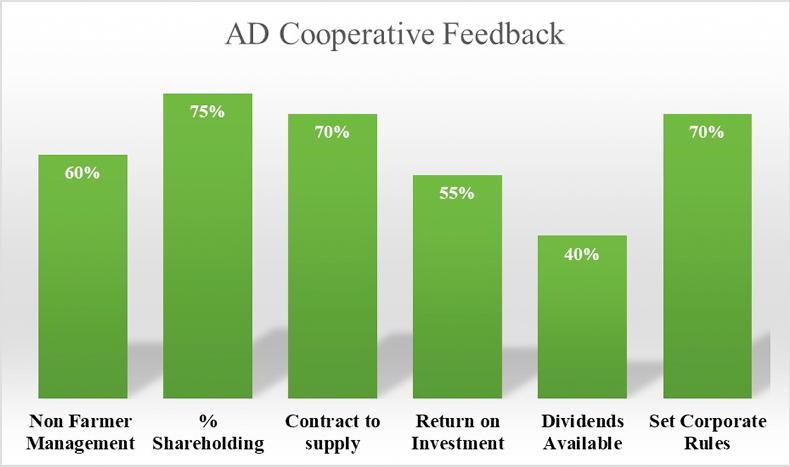
Figure 1: Results from stakeholder interviews
That is a combined total of 85% of farmers showing an interest in an AD co-operative model.
This research also explored the decision factors involved in joining an AD co-operative.
Thirty-two per cent of farmers surveyed said that a contract to supply feedstock was the most important factor to them.
Contracts are not a big part of Irish agriculture with many farmers agreeing a price on the day of sale
This shows that they want certainty of demand and a committed price for their produce.
Contracts are not a big part of Irish agriculture with many farmers agreeing a price on the day of sale.
It is assumed that having a contract to supply would allow farmers to calculate their actual costs of production and may also strengthen their borrowing capacity with financial institutions.
A contract to supply scored higher than owning a shareholding (24%) or return on investment (27%), which illustrates that farmers want a fair price for their produce.
This research has shown that there is a big interest from farmers and agri-stakeholders in an AD co-operative model.
Such a model has several benefits, including reduced financial risk for the shareholders and certainty of supply of feedstock.
Co-operatives are well-known to farmers.
The research shows that if they are provided with a contract to supply feedstock as well as a percentage shareholding of the co-operative, this business model could be as successful as it has been for dairy co-operatives in Ireland and renewable energy co-operatives in Europe.
The results provide a direction for Government, research and industry to combine their efforts to develop the Irish AD sector through the formation of AD co-operatives.
Co-operatives, especially agricultural co-operatives, have been very successful in Ireland, employing over 12,000 people with a combined turnover of €15bn.
Two of the largest agricultural co-operatives in milk production in Ireland are Glanbia and Dairygold. Both companies recently got involved in Project Clover.
This initiative aims to produce 2.5TWh (terawatt hours) of renewable biomethane through a network of 125 on-farm anaerobic digestion (AD) plants by 2030.
Given this development and the wider potential of AD in Ireland to contribute positively to our climate action targets, it is important to understand if a co-operative business model could play a role in growing the on-farm AD sector.
In 2021, David Shortall completed an MSc in Ag Innovation through NUIG where he investigated this topic.
His research consisted of literature reviews, stakeholder interviews with farmers, industry and Government officials in the agricultural sector and an online farmer survey.
The success of RECs in Europe
Renewable energy co-operatives (RECs) are not a new concept. In 2018, there were 2,671 active energy co-operatives across Austria, Germany, Denmark and the UK so there are many examples of successful RECs throughout Europe.
For example, Energy4all is one of the largest community-owned energy cooperatives in the UK.
Founded in 2002, it has over 16,000 members and has demonstrated the importance of co-operation in the renewables sector.
Enercoop in France is another example of a successful REC with over 42,000 members supplying 245GWh of renewable energy to 52,000 customers
It lists over 30 co-operatives in its network located throughout the UK and has successfully established RECs involving both landowners and communities with projects focused on solar, wind, hydro and biomass renewable energy production.
Enercoop in France is another example of a successful REC with over 42,000 members supplying 245GWh (gigawatt hours) of renewable energy to 52,000 customers.
Established in 2005, Enercoop has a network of 11 co-operatives in France and is focused on renewable energy production from wind energy.
It is also involved in solar, hydro and biomass energy projects.
European research has shown there are four key drivers towards renewable energy co-operatives:
Support mechanisms. Planning policies.Attitude towards the co-operative model.Local energy activism.Appetite for an
AD co-operative
As part of his research, David held multiple interviews with various agri-stakeholders to get their thoughts on AD co-operatives. Overall, the feedback was positive.
All potential customers showed an interest in joining an AD co-operative and listed benefits including reduced financial risk, farmer collaboration and availability of fertiliser as key factors in forming this opinion.
Three-quarters of those interviewed said that having a shareholding in the company was a deciding factor in joining a co-operative.
Fourteen stakeholders believed that having a contract to supply and setting corporate rules were key to joining a co-operative.
Sixty per cent of farmers interviewed said that a co-operative model was the best way to establish an AD plant as it ensured continuity of supply of the feedstock (silage, slurry, etc).
In total, 42% of farmers who were surveyed online believed that a co-operative model would be their preferred AD business model
However, the results were even more conclusive when we look at his online survey work. In total, 42% of farmers who were surveyed online believed that a co-operative model would be their preferred AD business model with several farmers working together.
Similarly, another 42% of farmers showed an interest in this model but said they would need more information on how it would work.

Figure 1: Results from stakeholder interviews
That is a combined total of 85% of farmers showing an interest in an AD co-operative model.
This research also explored the decision factors involved in joining an AD co-operative.
Thirty-two per cent of farmers surveyed said that a contract to supply feedstock was the most important factor to them.
Contracts are not a big part of Irish agriculture with many farmers agreeing a price on the day of sale
This shows that they want certainty of demand and a committed price for their produce.
Contracts are not a big part of Irish agriculture with many farmers agreeing a price on the day of sale.
It is assumed that having a contract to supply would allow farmers to calculate their actual costs of production and may also strengthen their borrowing capacity with financial institutions.
A contract to supply scored higher than owning a shareholding (24%) or return on investment (27%), which illustrates that farmers want a fair price for their produce.
This research has shown that there is a big interest from farmers and agri-stakeholders in an AD co-operative model.
Such a model has several benefits, including reduced financial risk for the shareholders and certainty of supply of feedstock.
Co-operatives are well-known to farmers.
The research shows that if they are provided with a contract to supply feedstock as well as a percentage shareholding of the co-operative, this business model could be as successful as it has been for dairy co-operatives in Ireland and renewable energy co-operatives in Europe.
The results provide a direction for Government, research and industry to combine their efforts to develop the Irish AD sector through the formation of AD co-operatives.





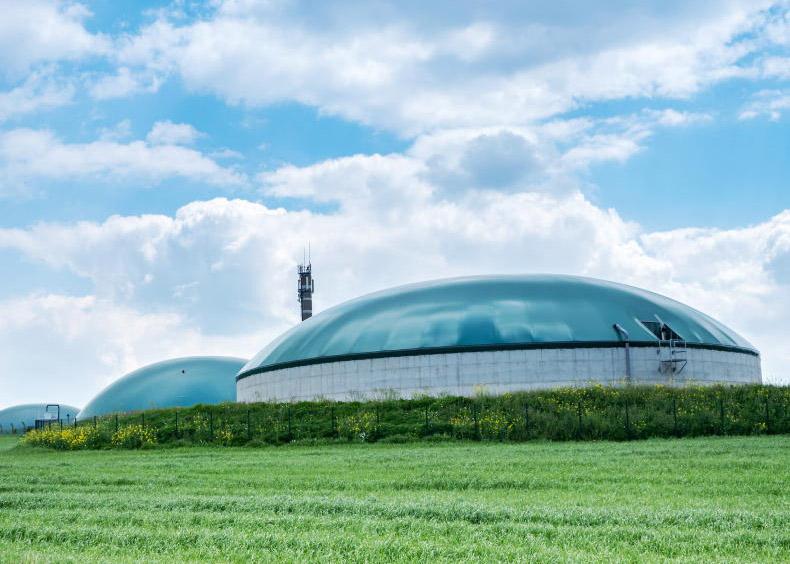

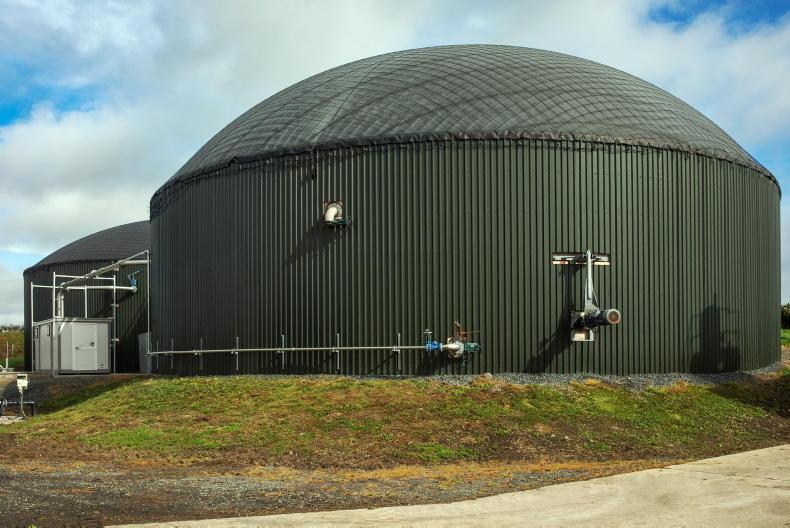
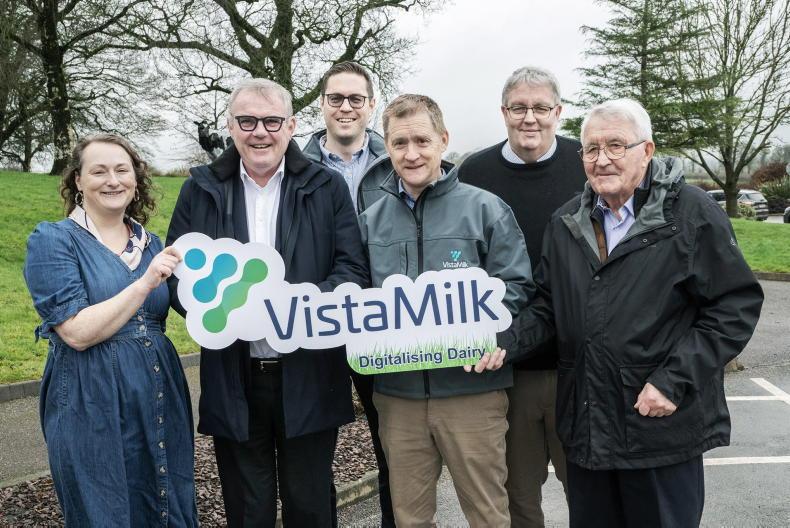
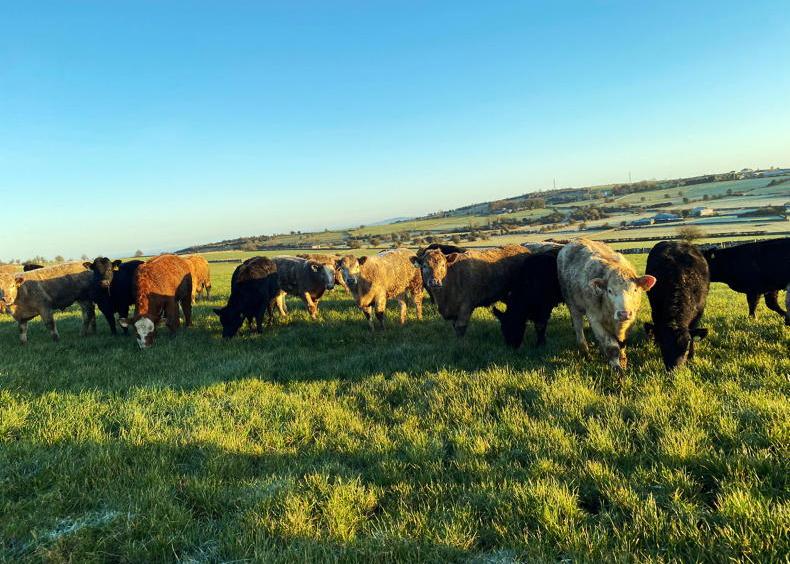
SHARING OPTIONS